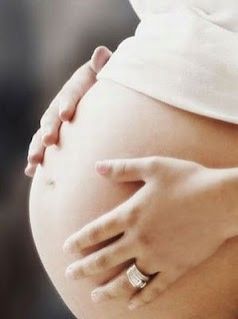New Less Invasive Down Syndrome Test Reduces Miscarriage Risk

A less invasive kind of test to detect Down syndrome in the womb could potentially save 300 babies a year in the UK, according to one scientist.
Kypros Nicolaides of the Harris Birthright Research Center for Fetal Medicine at King's College Hospital in London says that the new kind of procedure, which looks for traces of the baby's DNA in the mother's blood sample as early as the first trimester, will pick up nearly all cases of the genetic disorder in the womb.
The disorder, which occurs when a person's cells contain an extra copy of chromosome 21, affects one in every 691 births in the U.S., according to the National Down Syndrome Society.
Currently, Down syndrome screening is a two-step process, starting with an ultrasound scan at 12 weeks into the pregnancy. If a fetus looks to be at risk for the disorder, the mother can choose to undergo a more invasive procedure to obtain material for genetic testing. In this second stage, doctors use a needle to remove a piece of placenta or amniotic fluid. That procedure can cause miscarriage in around 1 out of 100 cases.
But the Harmony Prenatal Test, made by U.S. company Ariosa Diagnostics and available in the U.S. since May 2012, "is highly accurate for routine screening of all pregnant women, not just those deemed high risk," Nicolaides told the Telegraph on Tuesday. "My expectation is that it will be adopted by the NHS in five years."
The test costs $700 in the U.S., according to the Daily Mail, but Nicolaides plans to make the test available for free to women in the UK that participate in an ongoing trials of the Harmony test.
"The UK National Screening Committee will keep all evidence for pre-natal screening under review and make recommendations in light of any new findings," a spokesperson for the UK's Department of Health told ITV.
© Copyright IBTimes 2024. All rights reserved.




















